It shall be unlawful for the State Purchasing Director or any buyer or any officer of the Office of Management and Enterprise Services, or any member of their immediate family, under the Oklahoma Central Purchasing Act to accept any gift, donation, or gratuity for himself or any member of his immediate family from any seller or prospective seller of any property covered by the Oklahoma Central Purchasing Act; and it shall further be unlawful for any seller or any prospective seller to give or donate anything of value to the State Purchasing Director or any buyer or officer of the Office of Management and Enterprise Services or any buyer under the Oklahoma Central Purchasing Act or any member of the immediate family of the State Purchasing Director or buyer or officer of the Office of Management and Enterprise Services. This provision shall not apply to exceptions to the definition of “anything of value” in the Rules of the Ethics Commission promulgated pursuant to Article XXIX of the Oklahoma Constitution.


